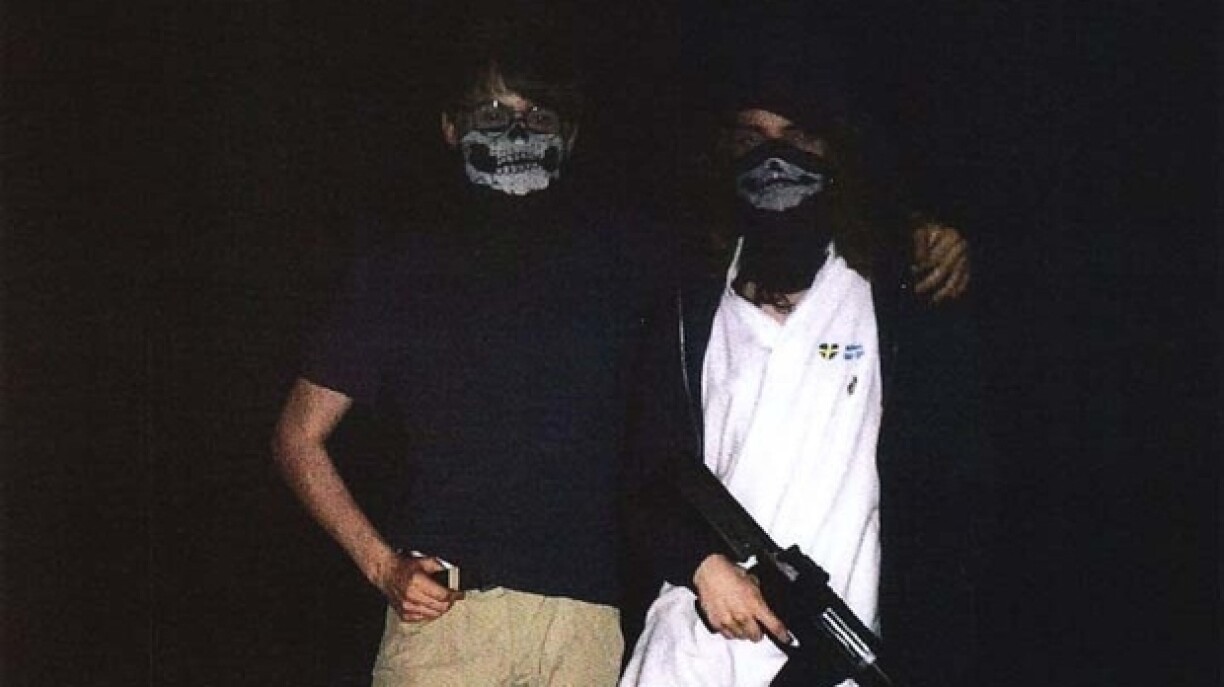
Born in Luxembourg with Swedish roots, the defendant faces multiple charges including violations of weapons laws, membership in a terrorist organisation, and both recruiting and training for that group.
In early 2020, police searched the home of the accused’s parents in Strassen. What they found was alarming: chemicals for producing explosives, a package lined with nails – likely intended as a parcel bomb – and a makeshift lab set up in the laundry room and garage. Much of the material was so dangerous that the de-mining unit destroyed it on site.
The French explosives expert who testified said the lab complied with standards typically seen in industrial setups – despite lacking legal authorisation. The young man possessed not only chemicals such as nitroglycerin, TATP, and chlorine tablets, but also protective equipment like a lab coat, ear protection, and a gas mask.
He had even stored 15 litres of urine, which authorities believe to have been intended to extract urea for explosives – a method once used by Palestinian militants. Altogether, the expert estimated the material could produce the equivalent of one kilo of dynamite.
Investigators also found extensive digital material, including files titled “How to Build a Nuclear Bomb”, “The Chemistry of Explosives”, and “Boobytraps”, alongside patents detailing detonators. According to the expert from Paris, this was “a coherent and technically advanced collection” – not accidental.
The accused also filmed himself synthesising nitroglycerin. While not quite “professional”, the expert described the work as “very precise” and said he had never seen such a well-executed case in his career.
At the time of the raid, the accused was only 18. The year prior, at 17, he had set fire to a mink farm in Sweden with an accomplice, for which he received a suspended prison sentence and fine.
He was allegedly active in several far-right extremist groups, including The Base and the so-called Green Brigade, a group that fuses neo-Nazi ideology with animal rights activism, often referred to as eco-fascist. These connections were made through online forums and encrypted chat groups.
A psychological and psychiatric assessment found no mental illness or personality disorder but described the accused as highly intelligent and deeply radicalised. He held supremacist, racist, and Holocaust-revisionist beliefs, subscribing to National Socialist ideology.
He believed in “genetic races” and that Israel conducts genetic tests to identify Jewish individuals. When asked if the defendant posed a danger, the psychiatrist replied: “Yes, people with this kind of ideology are dangerous.”
The accused had also reportedly joked about the Holocaust in private messages, referring to six million Jews as “pieces of meat that were grilled”.
The psychological expert traced the young man’s radicalisation to 2015–2016, during a year spent living in Sweden. What began as conservative views evolved into nationalism, then full-blown neo-Nazism. He read Mein Kampf and became increasingly isolated.
Struggles with integration in high school, a lack of friendships, and alcohol misuse led to hospitalisation and psychiatric care. Tests revealed a strong desire to achieve personal goals but also a low tolerance for frustration.
One anecdote described him setting fire to a beehive – and the tree it was on – after being stung by a bee, prompting the intervention of firefighters. Despite this, he was described as meticulous, athletic, loyal to friends and family, and especially fond of dogs.
He had few friends in Luxembourg but maintained close ties in Sweden. Experts believed he found a sense of leadership and belonging in neo-Nazi communities.
Speaking briefly on the first day of the trial, the accused claimed his interest in chemistry and pyrotechnics dated back to childhood and was never politically motivated. Now studying chemical engineering in Stockholm, he said he regretted his extremist affiliations.
“At the time, I was 17. Those people gave me a sense of respect and belonging. But I was disconnected from reality, just a guy behind a computer screen”, he told the court, further denying ever taking part in missions or paramilitary training.
However, the prosecution pointed out that he had resumed contact with right-wing extremist groups even after his release from pre-trial detention. The defence countered that five years had passed since his arrest – enough time, they argued, for a young man to evolve and leave such beliefs behind.
The trial continues on Thursday, when police officers are expected to give testimony.